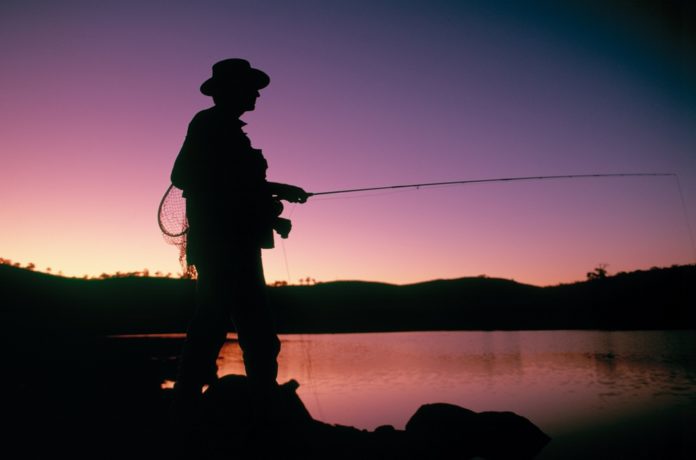Protest challenging award of contract for supply of trout is dismissed. The protest, which was filed more than 10 days after award, was untimely. While a debriefing was provided, the debriefing was not required and thus did not toll the protest deadline. The protest itself alleged the agency and awardee had colluded, but GAO found the allegation was unsupported supposition.
Background
The Army Corps of Engineers issued an RFQ seeking rainbow trout to be stocked in the Willamette River in Oregon and Washington. The procurement was conducted under the commercial item and simplified acquisition procedures of FAR parts 12 and 13.
The Corps awarded the contract to the Oregon Department of Fish and Wildlife (ODFW) on September 30, 2019. An unsuccessful offeror, Desert Springs Trout Farm requested a debriefing. The Corps provided a written debriefing on October 5. Desert Spring filed a protest on November 3.
Legal Analysis
- The Protest Was Untimely – A protest of an award decision must be filed within 10 days of the award unless a debriefing was required. Here, GAO reasoned, the procurement was conducted under FAR part 13, so a debriefing was not required. This meant Desert Spring had to protest within 10 days of September 30. But Desert Springs didn’t file a protest for over a month. Desert Spring contended the solicitation did not state that the procurement would be conducted under FAR 13, but GAO noted the solicitation clearly stated it was a FAR part 13 procurement.
- Desert Springs Couldn’t Prove Collusion – Desert Springs alleged that Corps had colluded with ODFW by conveying a fish hatchery to the state agency, which gave ODFW an unfair advantage. GAO reasoned that agency officials are presumed to act in good faith, and it will not attribute prejudicial motives to an agency on the basis of supposition. Here, Desert Springs allegations were “naked assertion” of misconduct, unsupported by other evidence.
Desert Springs is represented by Shawn N. Simmons. The intervenor, the Oregon Department of Fish and Wildlife, is represented by Rhea R. Rodriquez. The agency is represented by Nathaniel S. Canfield of the Army. GAO attorneys Michael P. Grogan and Edward Goldstein participated in the preparation of the decision.





